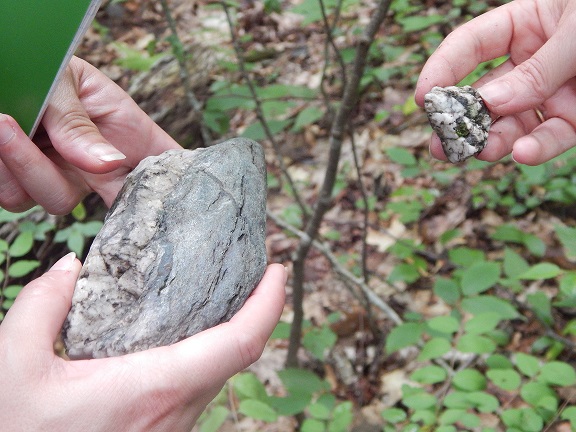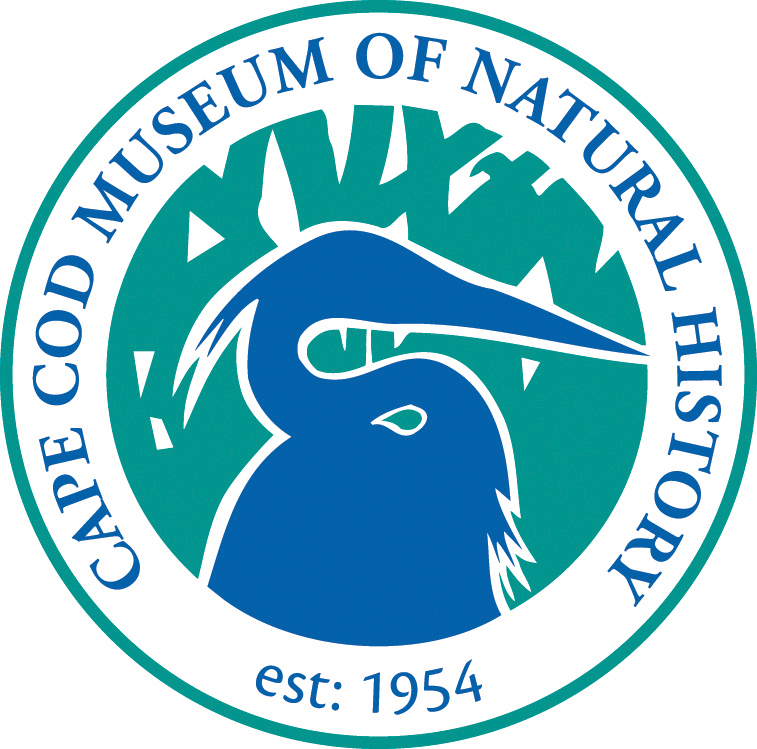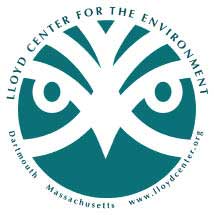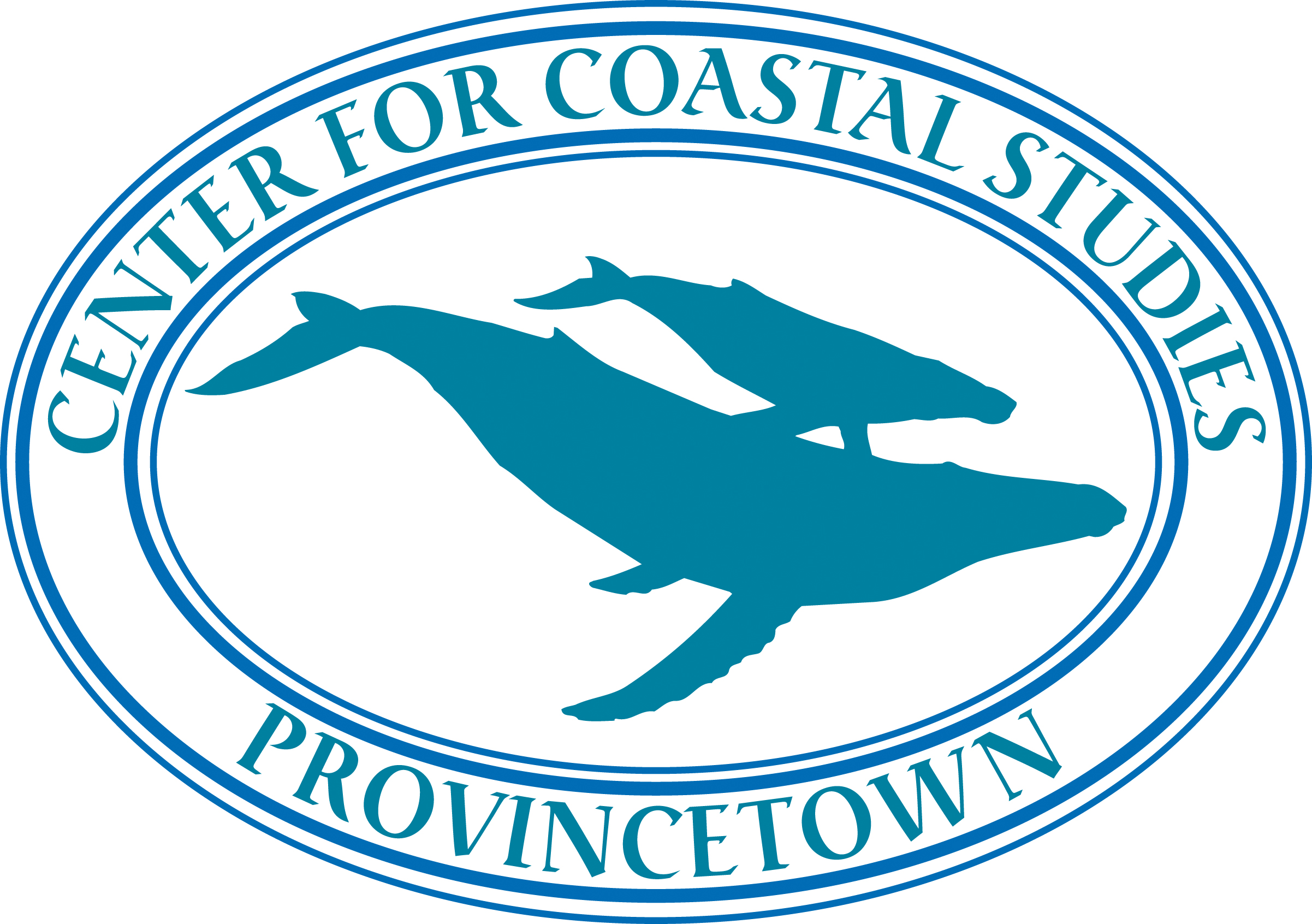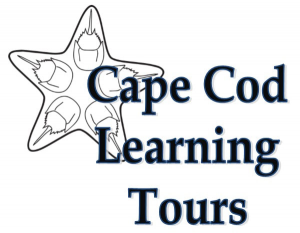Landscapes on the Move: Investigating Geologic Formations and Processes
A Remote Professional Development Institute for Grades 3-8 Educators
Virtual Sessions were held July 7th, 8th, 13th, 14th & 15th, 2021
How can educators use the landscape around their schools to engage students in place-based, phenomena-based, and inquiry-based learning about geology? During this institute, educators dug deep into the science of land formations by investigating the forces and processes that shape Massachusetts landscapes.
Led by Cape Cod Learning Tours, educators searched for evidence revealing Cape Cod’s glacial past as they investigated the impacts of glaciers on forming and shaping the land. They observed how weathering and erosion contribute to continual changes of the Massachusetts landscape by participating in hands-on, minds-on activities presented by the Lloyd Center for the Environment.
Educators connected to scientists studying sea level rise and learned more about the effects of storms on coastal communities. They explored natural resources monitoring tools and citizen science applications while on a virtual tour of Cape Cod Museum of Natural History, and they gained insight into the challenges coastal cities face when planning for resiliency to sea level rise. They even took on the roles of community stakeholders to discuss the real-world issue of beach erosion impacting a parking lot near the Center for Coastal Studies Provincetown.
This course got educators looking back in time and thinking about the future while discovering ways to make earth science exciting and accessible for their students.
